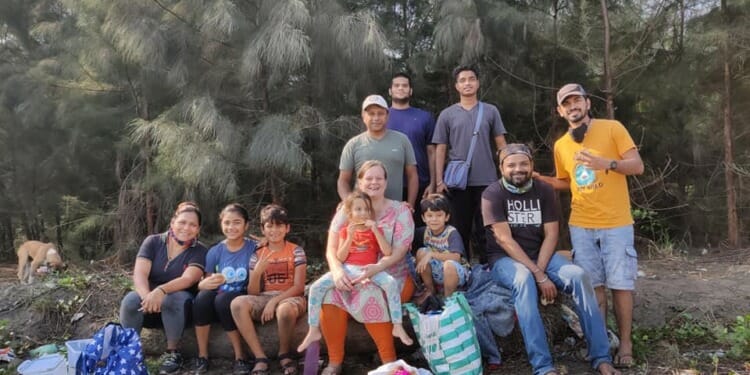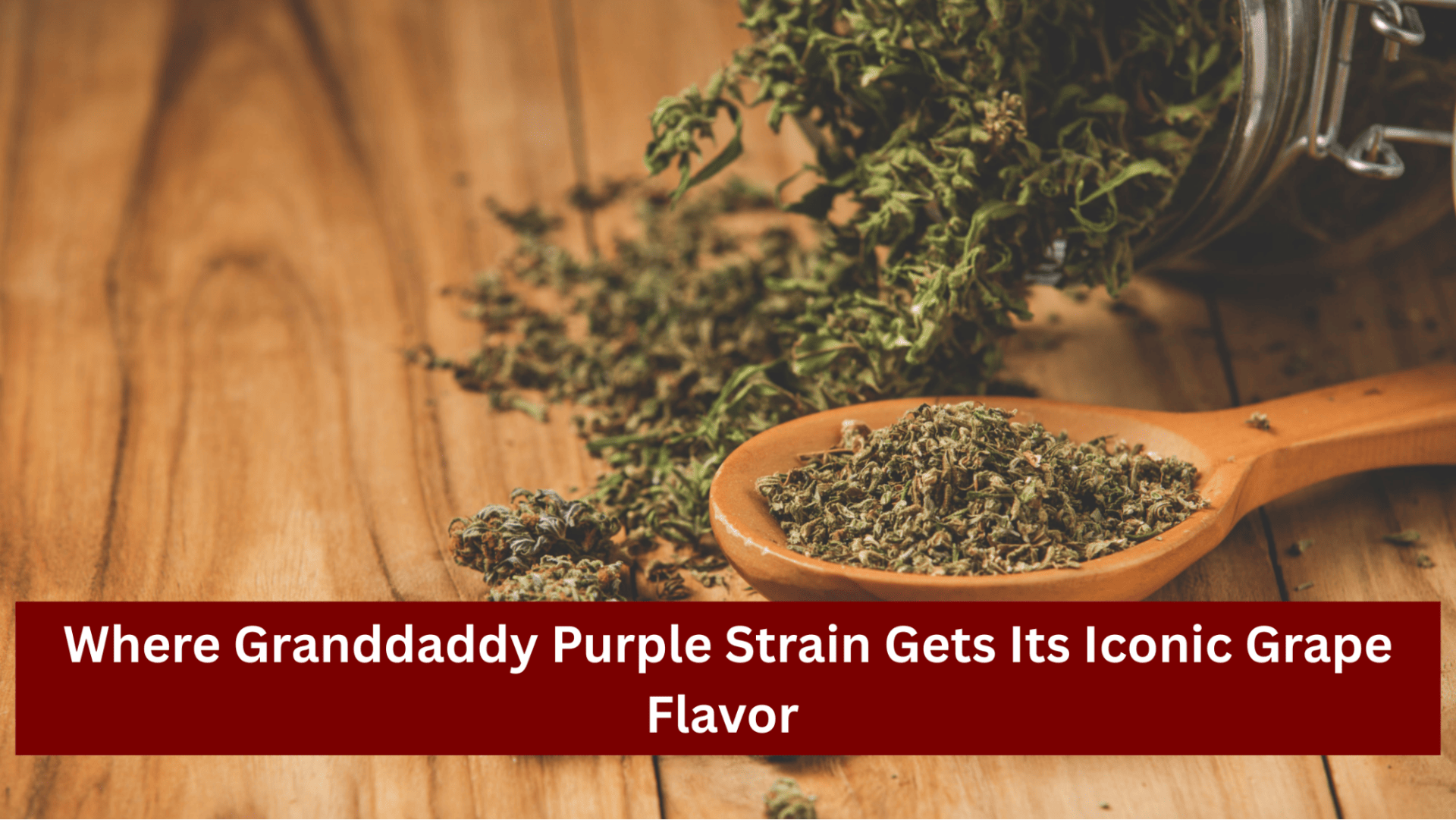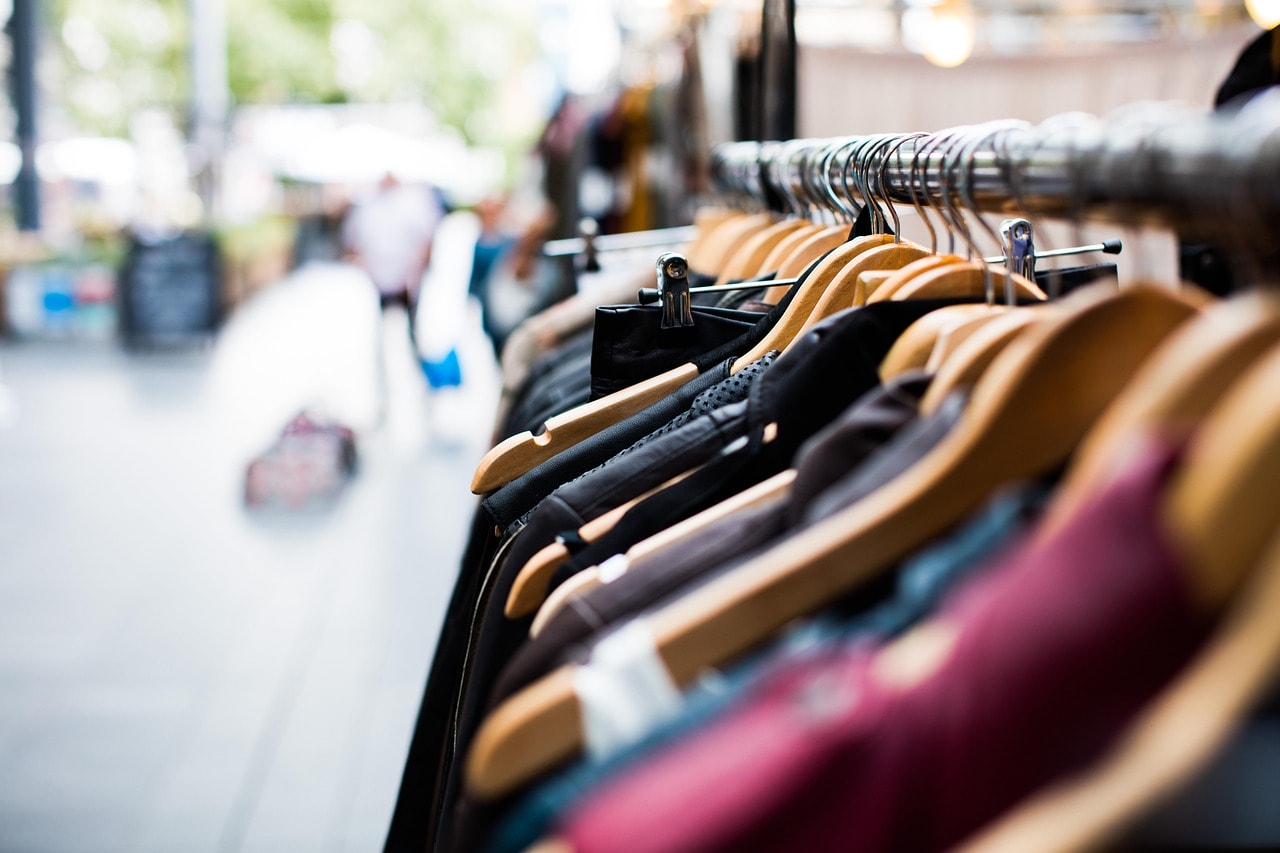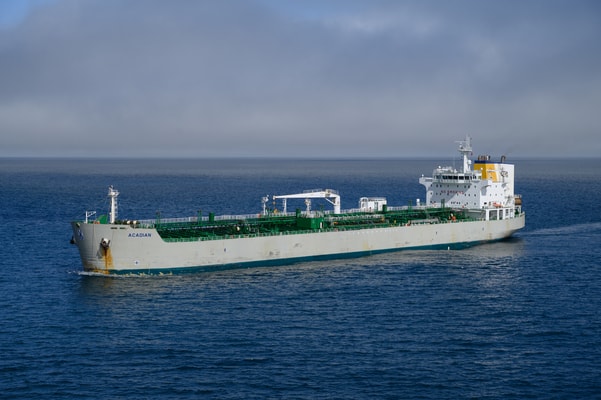Zsuzsanna Ferrao is a Hungarian transplant to Vasai, India, where she lives with her family. They dedicate a big part of their lives to cleaning up the beaches in the area, inspiring a whole community around them to participate in it’s preservation. Asides from cleanups, the family regularly organizes sapling plantings, supported by local volunteers. Their efforts so far have resulted in over 300 tons of rubbish cleaned up from Vasai beaches and 5000 saplings planted, enriching the mangrove ecosystem of the area. IMPAKTER ECO chatted with Zsuzsanna to hear more about how she got her family and community involved in cleanup initiatives and where they find inspiration.
How did you get into environmental preservation?
My husband and I started beach cleanups in Vasai four and a half years ago. Our kids were small at the time, and we used to take them to the local beaches to run around, play, and dig in the sand. However the beaches did not resembled the pristine beaches of how my husband remembered them from his childhood anymore, they’re filled with discarded plastics, broken glass, clothing items, even syringes.
As our kids played, they were often attracted to the colourful pieces of rubbish lying on the ground. That was quite dangerous for them, so we decided that each time we visit the beach, we will clean up as much rubbish as we can carry with us.
What is your goal and who is your audience?
Our main goal, apart from the cleanliness of the beach, is the conservation of the coast area. Apart from beach cleaning, we started tree and mangrove plantations as well. We are aiming to stop the soil erosion and help maintain a healthy habitat for the wildlife.
Our audience is the community around us, we have people from all age groups and different backgrounds joining us. We approach schools, youth groups, and clubs to create awareness.
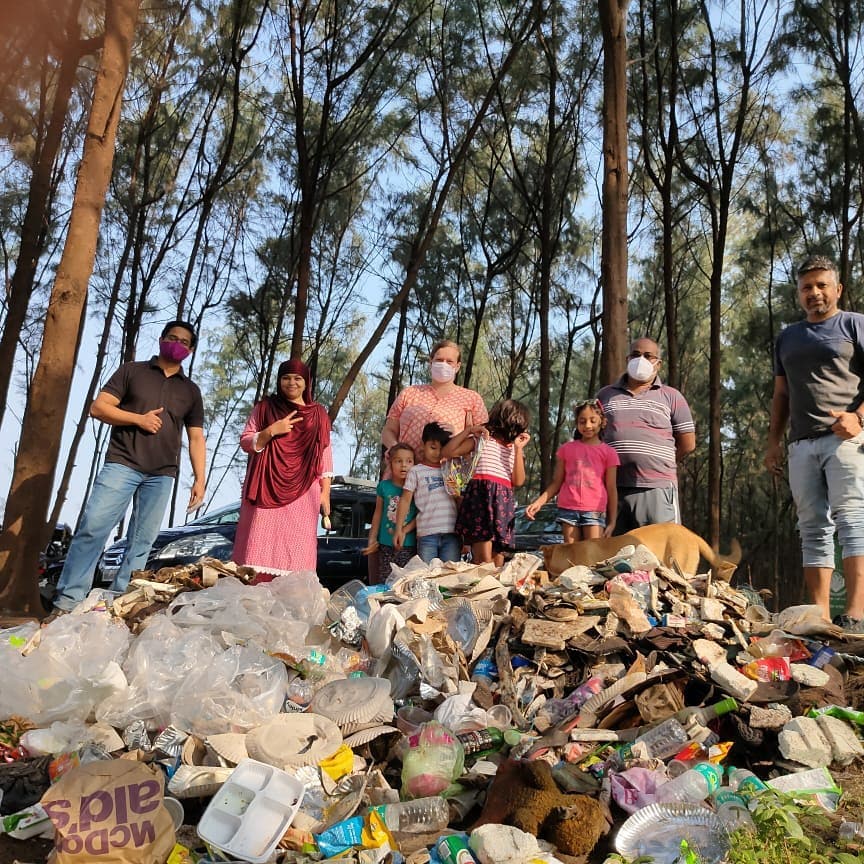
What has been the biggest learning curve in your professional growth?
The biggest learning curve is about how to engage people, to create awareness of the damage done to the environment, and to ultimately affect humankind. After more than four years, the challenge is to continuously come up with fresh and engaging ideas. And on the technical side, the challenge is in getting more support from local authorities, which has proven to be quite difficult.
What are the biggest misconceptions about what you do?
I can give two: first, that this is a one time job – once you have cleaned up something, then your job there is done. This is a continuous process. The trash we collect does not simply come from just littering, it is filled with household products that are improperly discarded, and also a lot of fishing gear.
Second, that it is a futile exercise, as the beach will get dirty anyways. But more important is to understand that each item we pick up will not get washed back into the ocean, further endangering sea life and even the animals living on the shore.
What’s a day in your life like?
Daily life has become a little different during the COVID period, and it still has not found its way back to normal after a year and a half. Kids are still studying online, they are only in the first and second grade, and therefore require supervision throughout lessons, and this takes up a big chunk of the day. My husband only recently returned to the office after working from home for a long time.
Twice a week we have different environmental activities. Wednesdays are mangrove plantations, Sundays are beach cleanup. Some days we are actually working on the beaches separately; my husband will lead one team and myself another, on two different locations. A lot of time is dedicated to cleanups or equipment maintenance (gloves, tarps, sacks, digging tools). We prepare homemade snacks and refreshments to cut down the packaging used. Recently, I have started making little gifts (like keychains) out of objects I find abandoned or thrown away for our teammates.
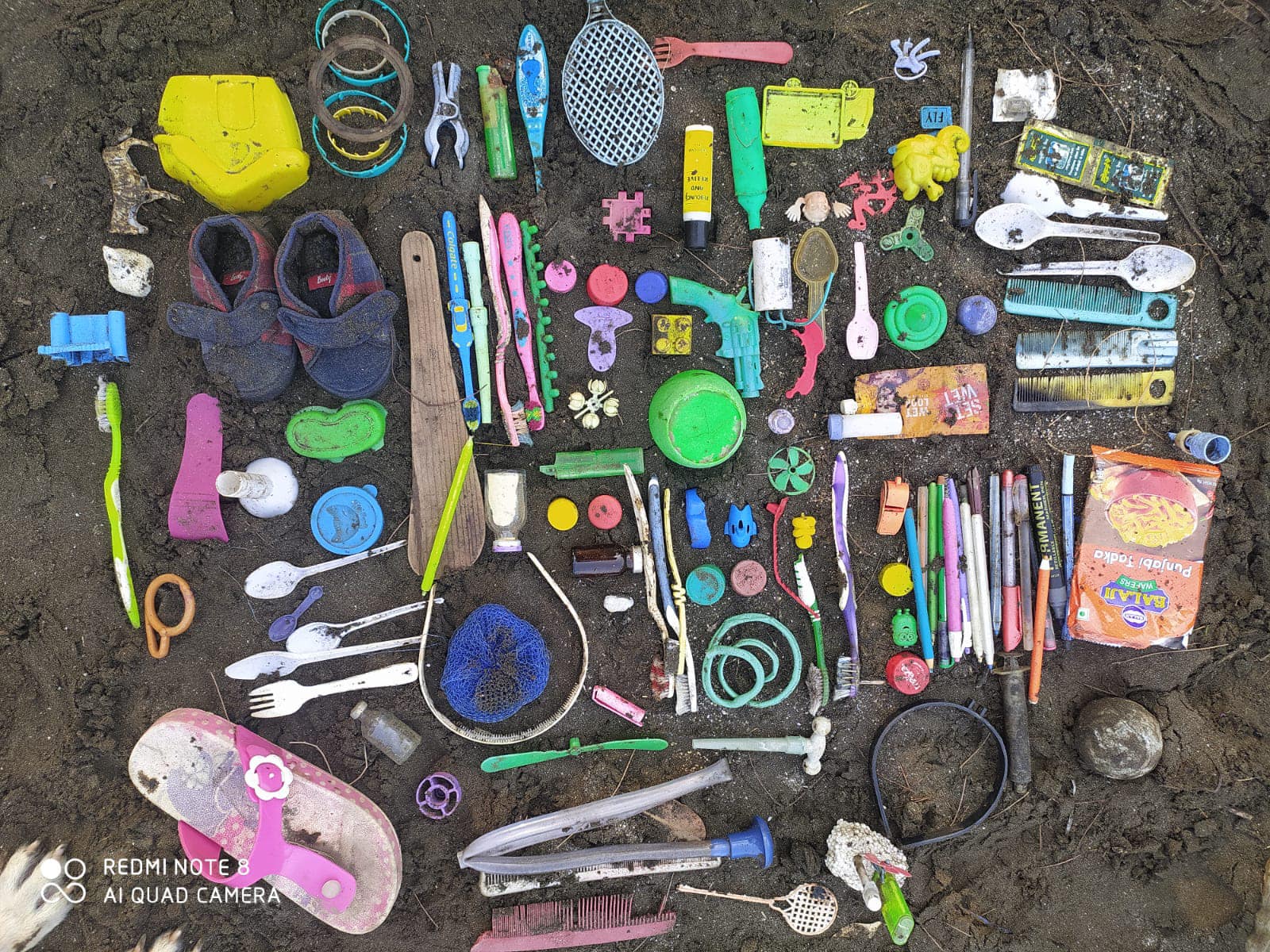
Who inspires you?
Inspiration finds us in many ways. Our kids were the main inspiration to get it all started. Nowadays we see that our hard work has inspired many in the community to volunteer. And in return, the energy and enthusiasm of the volunteers inspire us all over again.
Who is someone you want us to know?
There are many, many people around the world doing similar work to what we do. Tomas Tigchelaar Lourenco visited us two years ago. We had a very interesting few days with him, he is the founder of the Give Sea Life a Hand campaign. Also Hungarian environmental educator, Szebenyi Peter, and PET Kupa, a civil-society group dedicated to the cleanup of the Tisza river in Hungary.
One sustainable product you can’t live without?
We love our stainless steel water bottles and thermoses, and also our bamboo toothbrushes.
One eco-friendly habit you wish everyone practiced?
Waste less water, buy local produce, ditch plastic bags.
What does sustainability mean to you?
Sustainability to me means not taking more from mother nature that we can give back. Plant trees, reduce carbon footprint, and limit single use product usage, repair broken things, find eco-friendly alternatives.
Editor’s Note: The opinions expressed here by Impakter.com columnists are their own, not those of Impakter.com. — In the Featured Photo: Zsuzsanna, seated in the middle, with friends and family. Featured Photo Credit: Vasai Beach Cleaners


